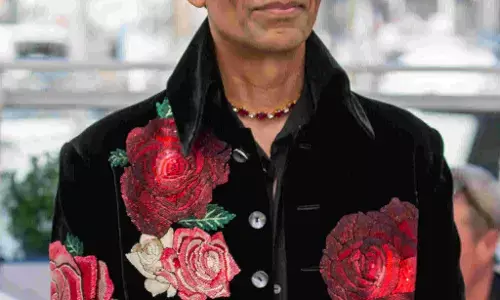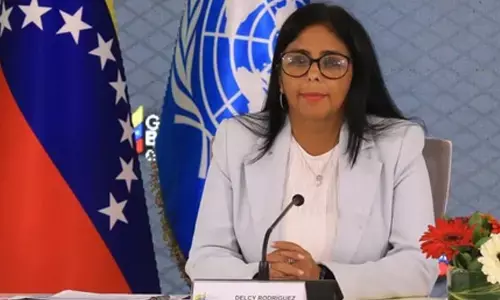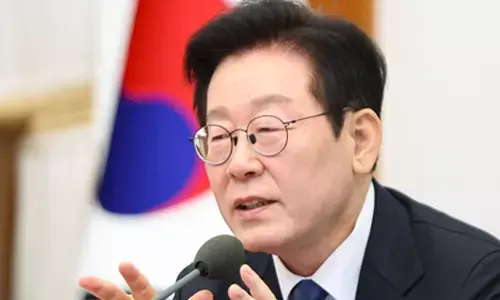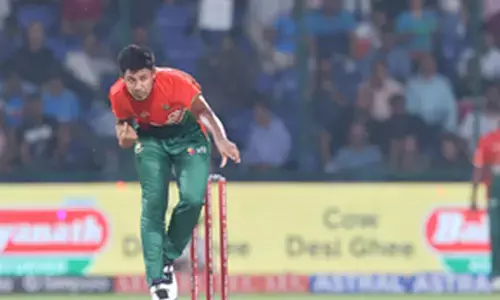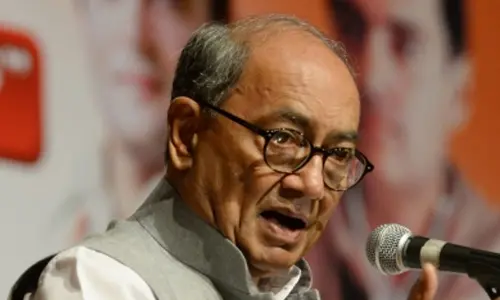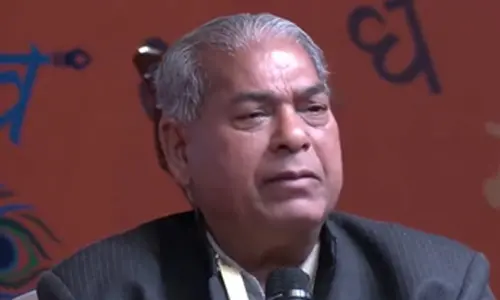Focusing on filling up vacancies of judges, infrastructure: CJI NV Ramana
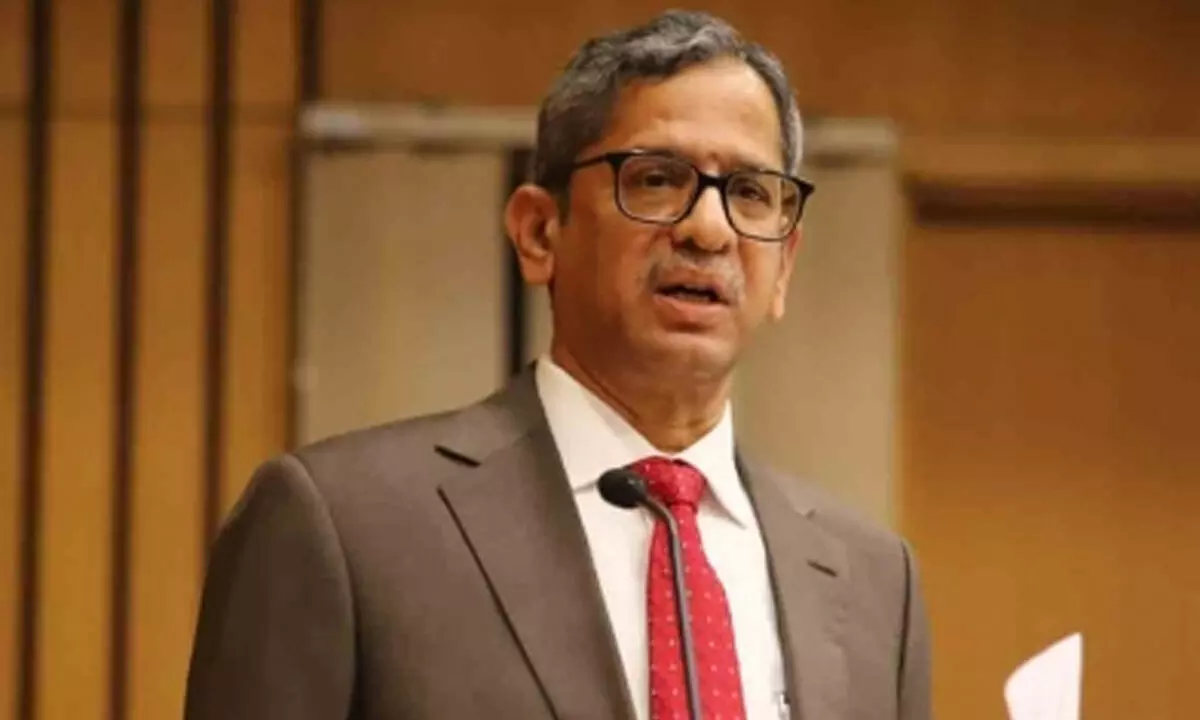
Chief Justice of India Justice NV Ramana
Chief Justice of India Justice N.V. Ramana on Friday said that the judiciary is overburdened and that he is giving priority to filling up vacancies of judges and improving infrastructure to deal with the backlog of cases.
Hyderabad: Chief Justice of India Justice N.V. Ramana on Friday said that the judiciary is overburdened and that he is giving priority to filling up vacancies of judges and improving infrastructure to deal with the backlog of cases.
He said after taking over as the CJI, he took up both these issues.
"The reason is access to justice is possible only when we provide sufficient number of courts as well as infrastructure so that litigant public can approach the institution for justice," he said at the inaugural session of two-day conference of judicial officers of Telangana here.
"Our judiciary is overburdened. It is an admitted fact and there is no dispute that pendency has increased in courts and the reasons are hundreds. In these circumstances, the feeling is that once you go to court. how many years will it take for the result. It's a big question mark. With the hierarchy of the appeal system in the country, it takes more time," he observed.
"That's why I felt it necessary to appoint as many judges as possible. I don't want to keep even one vacancy in high courts or Supreme Court or district judiciary and also strengthen the system," he added.
Chief Justice Ramana said a detailed survey by the Supreme Court registry in different parts of the country found that infrastructure in courts is very inadequate and he requested the Centre to strengthen it.
He urged the judges to come out of fear of pandemic. "Please make sincere efforts to spend extra time in courts, beyond regular court hours," he said and exuded confidence that the judges would do their bit to deal with the backlog.
He told them without improving the internal efficacy of the system, the goal can't be achieved.
"Targeted action and effective case management can make a big difference," he said and advised judges to use alternate dispute resolution methods whenever possible.
The CJI exhorted judicial officers to perform their judicial duties without any fear.
"I am aware of the increasing physical attacks on judges. I am doing my utmost to prevent such occurrences. Directions were issued to improve security of judicial officers both inside and outside courts," he said.
He requested judicial officers to create a congenial environment for litigants who would be under a lot of stress.
"Always remember the human aspect of the dispute. Law cannot be far from equity. It is important to project the human face of the judiciary whenever you have scope for invoking your discretion. You must sensitise yourself to different vulnerabilities of the parties like minors, women, persons belonging to weaker sections of the society, persons with disabilities etc. They might all have different requirements. Treat everyone with respect."
He told the judges that the role they play is highly significant in the Constitutional scheme.
"Apply your mind independently on the materials presented before you. For instance, the requirements of criminal procedure code are not mere formalities. They are all important checks on executive excesses and represent substantive rights of the accused."
He pointed out that the law is constantly changing. High courts and Supreme Court give numerous pronouncements on diverse subjects daily, legislations are passed, guidelines and circulars are published frequently.
"You must keep yourself updated. Learning in this field never stops. Only when you are aware about changing law and precedents, you will be able to use the same to cases before you and ensure justice."
Chief Justice Ramana said after he took over as CJI, he cleared the file pending for two years to increase the number of judges of the Telangana High Court from 24 to 42.
All praise for Telangana Chief Minister K. Chandrasekhar Rao for sanctioning 4,320 posts in the judiciary, he said at a time when governments were doing away with government jobs and making appointments only on contract basis, this was not a mean achievement.
The CJI also hailed the Chief Minister for translating his dream of setting up International Arbitration and Mediation Centre (IAMC) in Hyderabad a reality. He noted that with several global companies located in Hyderabad, the centre will ensure early resolution of disputes and thus contribute to strengthening of the economy.
Noting that demands are also coming from Maharashtra and other states to set up arbitration and mediation centres, he suggested that once IAMC at Hyderabad strengthens itself, franchise centres can come up in other states.
The Chief Minister thanked CJI for increasing the number of judges in Telangana High Court. He announced that the government will build residential quarters for all 42 judges of the High Court on 30-42 acres of land near Durgam Cheruvu in the Financial District and requested the CJI to lay foundation stone for the same.








